10 Uses and Applications of GPS Technology
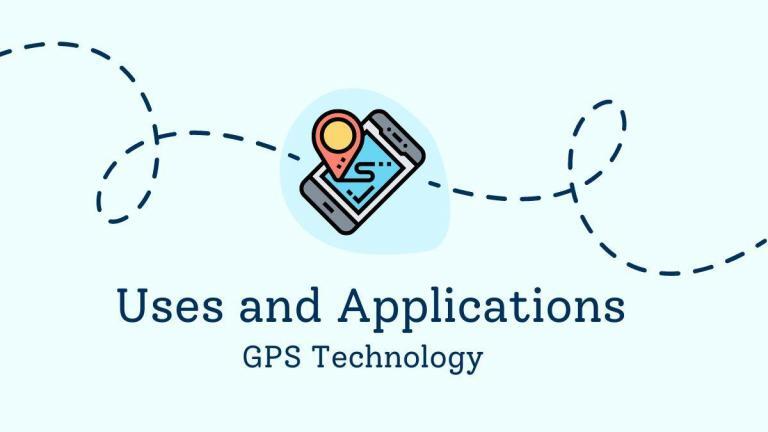
From mapping and surveying to tracking assets, GPS technology has enabled us to better navigate and manage our lives. In this article, we’ll explore the uses of GPS technology, how it has changed our lives, and what the future of GPS may hold.
What is GPS?
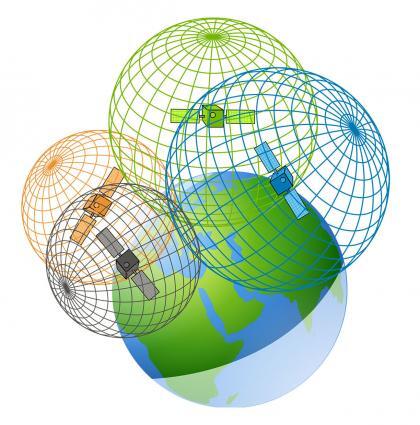
GPS is a satellite-based navigation system. It allows users to determine their exact location and track their movements. GPS was created by the US Department of Defense in the 1970s. It was designed for military use, with selective availability. But it’s now available to the public for a variety of purposes.
GPS operates by using signals from 24 satellites that are orbiting the earth 12,000 miles above us. It also incorporates the time it takes for signals to reach them from each satellite. By using these characteristics, a GPS uses triangulation to pinpoint a user’s location within meters.
Altogether, the GPS receiver collects a latitude and longitude coordinate in the WGS84 system. GPS locations are used in many ways and are important for personal and professional purposes.
Uses of GPS Technology
GPS technology has many uses, but we mostly use it in any of the following ways:
Commercial Applications of GPS Technology
GPS technology has many commercial applications. Some of them are listed below.
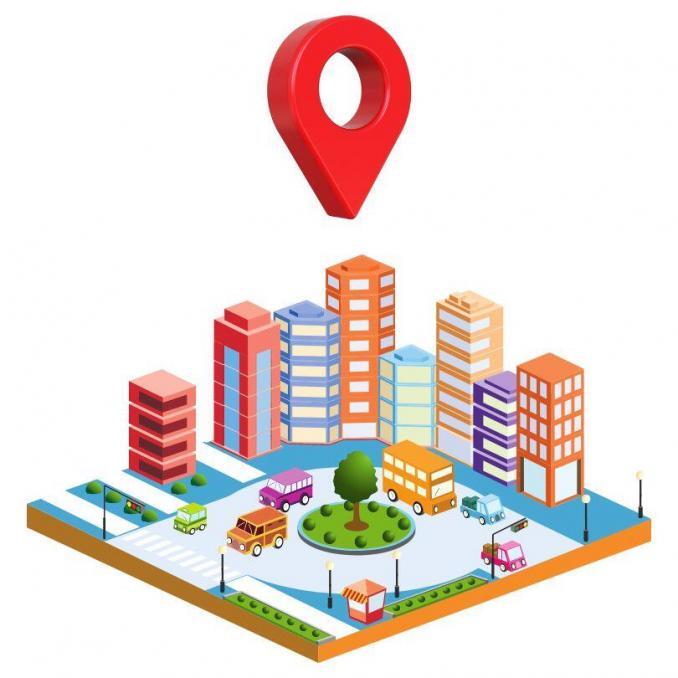
- Agriculture – Agriculture businesses can use GPS technology to manage their operations. GPS systems can collect information such as soil composition and weather conditions. Plus, they can guide farmers and agricultural workers through their fields.
- Logistics and Transportation – Logistics companies rely on GPS to more accurately manage the movement of goods. GPS technology can help drivers by giving them up-to-date traffic information during travel.
- Mining – GPS technology can track the location of workers, equipment, and minerals. It can also track the path and speed of haul trucks, which can help to improve productivity.
- Utilities – Utility companies can use GPS tracking to manage and maintain their networks. This helps them respond better to outages, find repair locations, and do maintenance tasks.
GPS in the Military
GPS technology was originally developed as a military navigation system, and it has been used in the military ever since. Today, it can guide both manned and unmanned vehicles. Plus, it can provide precise location data for soldiers on the ground.
GPS can monitor vehicles and aircraft, detect nearby dangers, and find the best route for travel. The receivers use this information to calculate the vehicle’s or aircraft’s position and direction.
GPS in Automobiles
GPS technology has changed the way we drive. They can help guide you to your destination using voice commands and visual directions on your GPS device. It can also help you track your vehicle if it is stolen.
Most car GPS systems connect to online maps, so you can see live traffic updates. This feature can help you to plan more efficient routes, and it can help you to avoid traffic congestion. They can also play a role in self-driving cars.
GPS in Smartphones
Smartphones are one of the most popular uses of GPS technology. Smartphones have GPS receivers that get data about where they are and how they move.
With GPS enabled, users can access map and navigation apps such as Google Maps or Apple Maps. Then, these apps can provide detailed maps and turn-by-turn navigation. In addition, GPS technology can be used to track the location of family members, friends, or even pets.
GPS has many benefits. It helps with navigation, finding store locations, and planning outdoor activities. You can also use it for traffic updates, monitoring fitness, and sharing locations with others.
GPS in Surveying
GPS is widely used in surveying because it provides an accurate and reliable way to measure distances between points in a given area. With this technology, surveyors are able to measure distances, angles, and elevations from survey benchmarks.
The main use of surveying is to accurately plot the boundaries of a property or other area of interest. This makes GPS particularly useful for larger-scale land surveys and any topographic mapping. Remember that it is possible for surveyors to increase the accuracy with equipment like differential GPS.
Benefits of GPS Technology
There are many benefits to using GPS technology. Some of them are listed below.
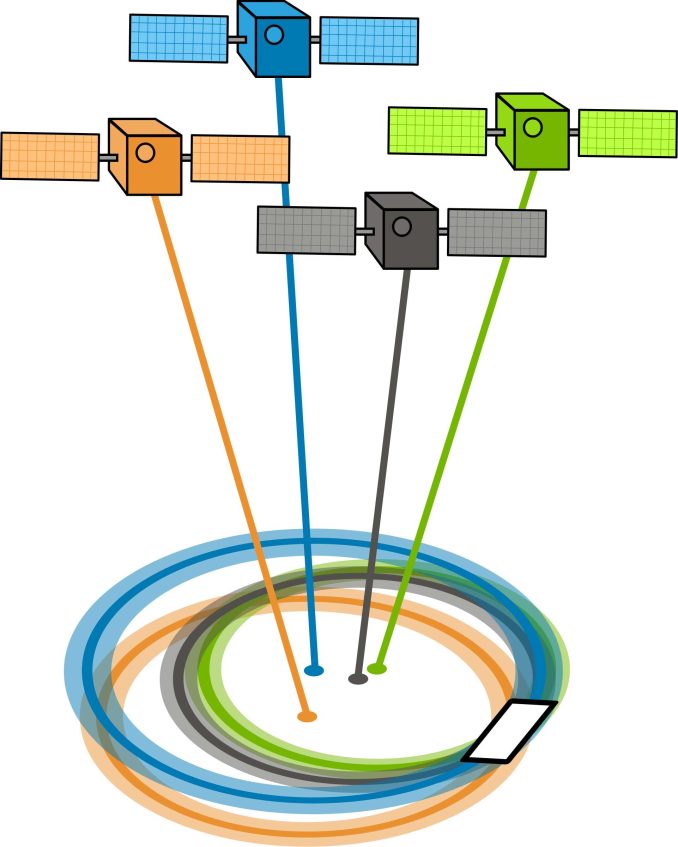
Another advantage is that GPS can work without the internet because it relies on satellites orbiting Earth to pinpoint your location.
The Future of GPS Technology
GPS technology continues to evolve, and new advancements are being made in the field every year. Scientists are creating new technologies that use GPS. They are also combining GPS with the Internet of Things (IoT).
GPS technology is also being used in wearables, smart home appliances, and virtual reality tech. The future of GPS looks very promising, and it will continue to change the way we live our lives.
Now, we’d like to flip things over to you. How do you leverage GPS technology? Please send us your GPS uses and applications in the comment form below. Check out GPS.gov for more information on global positioning systems.


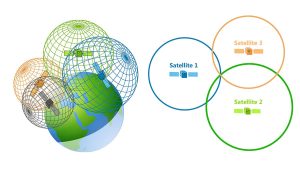
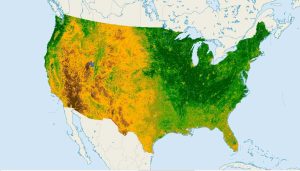
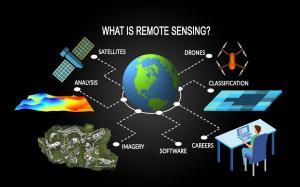
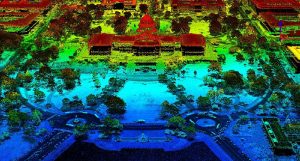
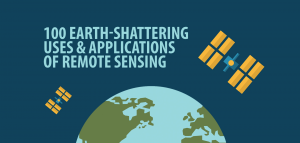
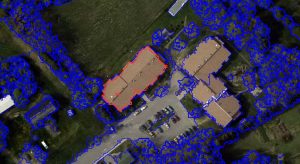
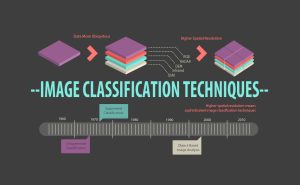
can you please add in the date it was published and when it was last updated?